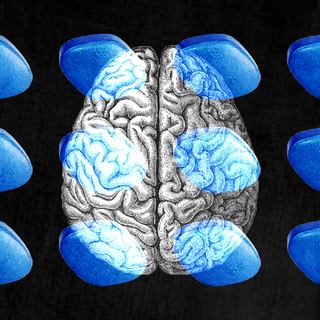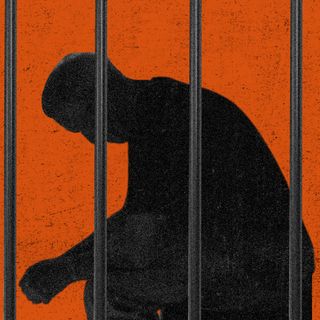New Zealand is gearing up to shape a generation of “smoke-free” individuals. On Wednesday, the country announced a ban on anyone born after 2008 from ever buying cigarettes — at least, legally.
“We want to make sure young people never start smoking, so we will make it an offense to sell or supply smoke tobacco products to new cohorts of young people,” Dr. Ayesha Verrall, New Zealand’s associate health minister, said addressing the media.
The law will lead to the legal smoking age increasing every year. So, “when the law comes into effect… people [currently] aged 14… will never be able to legally purchase tobacco,” Dr. Verrall noted, adding that: “This is a historic day for the health of our people.”
The “world-leading reform,” as experts have called it, could have a positive public health impact. “It will help people quit or switch to less harmful products, and make it much less likely that young people get addicted to nicotine,” Janet Hook, a professor from the University of Otago, told BBC News.
A Lancetstudy from May found that smoking killed almost eight million people in 2019 globally.
Related on The Swaddle:
Why India’s Anti‑Smoking Laws Aren’t Working
“Young people are particularly vulnerable to addiction, and with high rates of cessation remaining elusive worldwide, the tobacco epidemic will continue for years to come unless countries can dramatically reduce the number of new smokers starting each year,” Marissa Reitsma, the lead author of the Lancet study, who is also a researcher at the Institute for Health Metrics and Evaluation, had told The Guardian.
Within India, too, more than 1 million Indians die due to smoking every year.
According to the Centre for Disease Control and Prevention (CDC), implementation of “smoke-free” laws and policies can not only reduce smoking prevalence among the general population, but also “reduce smoking initiation among youth.” Moreover, when these bans are implemented — at least, in public places — it protects non-smokers too from exposure to second-hand smoke, research has shown.
A 2019 survey found 29% of Indian students between age 13-15 were exposed to passive smoking; the exposure to smoke poses a risk of respiratory diseases and breathing issues that can hinder their development.
New Zealand’s proposed plans may help bring its smoking rate down to 5% by 2025, and then aim to gradually eliminate smoking altogether, BBC News reported. The new legislation will introduce further controls — like restricting sales in supermarkets and corner-stores –, and authorizing only about 500 shops to sell cigarettes, which will be a drastic reduction from the present 8,000.
Related on The Swaddle:
Journal Takes Down Study Suggesting Smoking Lowers Risk of Covid19
“Smoking is still the leading cause of preventable death in New Zealand and causes one in four cancers… 4,500 New Zealanders die every year from tobacco” Dr. Verrall noted. She believes the legislation may save New Zealand NZ$5 billion (almost Rs 26,000 crores) in public health expenditure.
However, many are worried such sweeping bans could expand the already existing black market for tobacco in New Zealand. “Prohibition has never worked… We will end up with a black market for tobacco, with no standards or regulation, and people will be harmed,” Karen Chhour, spokesperson for an opposing party in the country, said in a statement.
The government acknowledges the risk, and had previously noted, “…the amount of tobacco products being smuggled into New Zealand has increased substantially in recent years and organized criminal groups are involved in large-scale smuggling.”
Announcing the ban, Dr. Verrall emphasized “think[ing] very carefully” about framing and enforcing the laws to avoid that outcome. “We will need to enforce it, and we will need to resource enforcement at the border and in the community,” she said.
Perhaps, India, too, can look to New Zealand’s model for a solution — especially if they succeed in achieving this ambitious goal.




